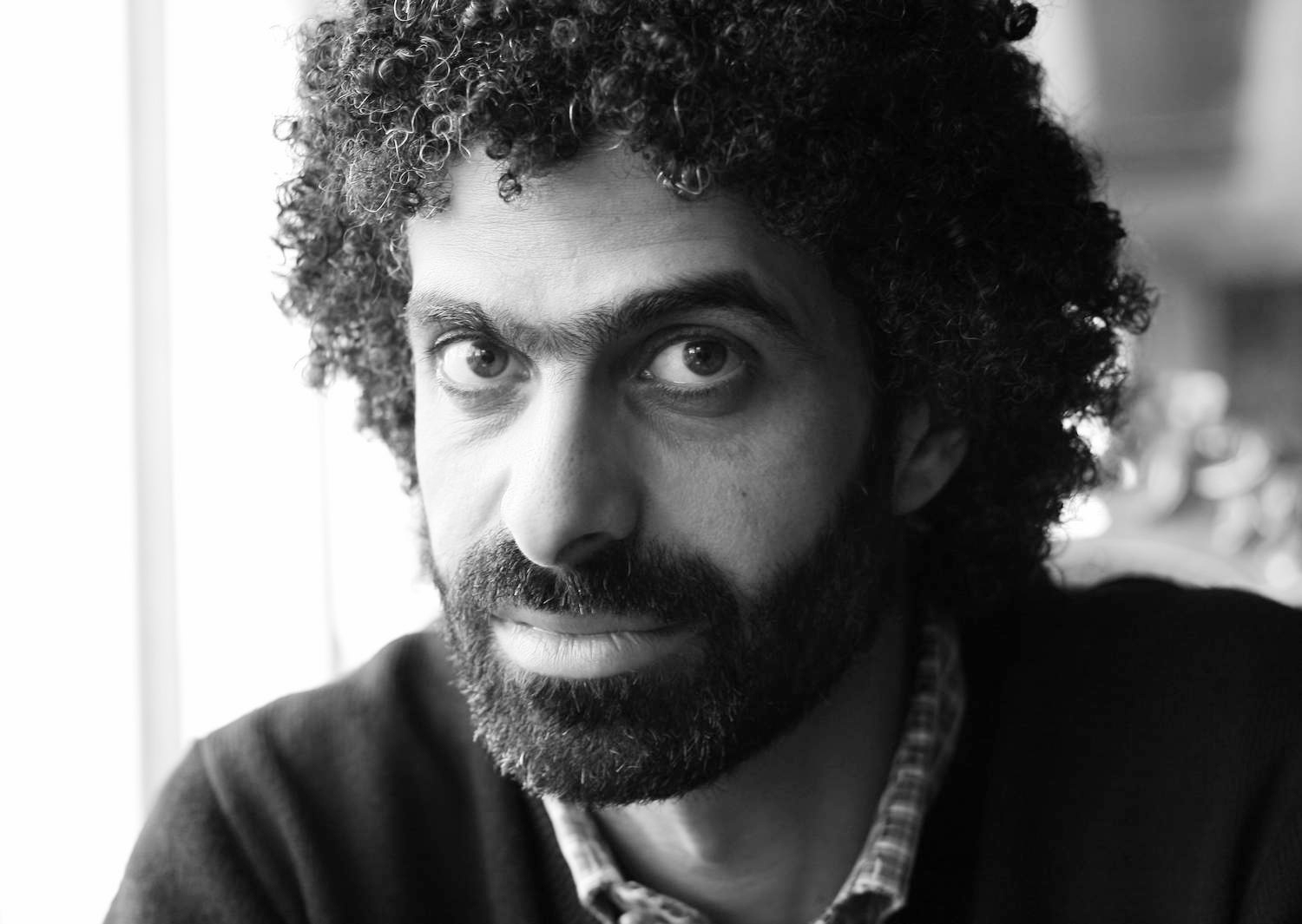
Ousted president Hosni Mubarak had his own economic model that can be described as an incoherent blend combining the disadvantages of both capitalism and socialism in one entity. We can easily call it Mubarakonomics. A pro-rich neoliberal model in a fat nonfunctioning extremely centralised state. Under such a model, the middle and lower income groups got poorer and more marginalised in the whole political game. Eventually, the goal was actually met as the rich got richer and the regime felt politically undefeatable.
The selective transformation policy adopted by Mubarak in the early 1990s towards a free market economy has only considered what matched the interests of the corrupt governing elite. Other considerable values, traditionally marketed by neoliberal economies, like freedom of expression and human rights were deliberately left out. Inequality under the law, absence of rights of the poor and the unemployed were the general characteristics of Mubarakonomics. Most adapted economic policies were taken from or imposed by the IMF and the countries Egypt was largely indebted to.
Ahmed Al Sayed Al Naggar in his book Economic collapse at the age of Mubarak: facts of corruption, unemployment, price increases, recession and debts describes Mubarak’s age thusly: “In general, Mubarak’s era can be characterised by weak real economic growth in comparison to previous periods. The growth obtained during his three-decade period in office was heavily dependent on both local and international borrowing. The country barely managed to get rid of a big portion of its international debt by agreeing on and supporting the US and Saudi Arabia in their war against Iraq in 1991 and taking a similar stance during the American Invasion of Iraq in 2003.” (Al Naggar, 2010)
From the early 1990s until mid 2000s, the economic role of the state had diminished into marginal investments in infrastructure projects and aggressive privatisation of the state-owned assets. The regime had totally withdrawn from direct investments in industries and agriculture. The two large sectors were not necessarily doing very well, however there was a set of successful and profitable projects that Mubarak’s governments decided to get rid of as well.
The year 2004 represents another dramatic transformation that worsened the situation for the poor. The president’s elder son Gamal was introduced to the political scene in Egypt, preparing him to inherit his father’s presidential throne in an absurd royal presidential fashion.
Under Gamal’s harsher neoliberal transformations in collaboration with Prime Minister Ahmed Nazif (2004 – 2011), new regulations were introduced. In this period, the business elite upgraded its position from supporting Mubarak’s regime in exchange for economic benefits up to being the regime itself.
The 2004 series of economic laws simply confirmed the new development of the nature of Mubarak’s regime, which was clearly at the service of the capitalist crust, both the local and the foreign — definitely not in favour of the middle, nor the lower middle income groups. A quick reading into the new taxation and competition protection laws only underlines where that corrupt regime was going.
In the new taxation law, foreign investments were exempted from paying taxes to Egypt, meant to attract foreign direct investments (FDI). However, it was learned later that most of these investments would still pay taxes anyway in their own countries, since they are exempted in Egypt. It made such a type of FDI develop a great deal of irresponsibility towards the society of the host country – Egypt.
Big local private investments were given similar tax exemptions that led to the same irresponsible attitude towards the society and developed a harmful opportunistic economic environment that still prevails.
Contrary to the big investments exemptions, taxes were restructured within the markets of the Small and Medium Enterprises (SMEs), in a way that looked like a sort of reorganisation but was actually nothing short of a crush on small businesses in favour of the big corporations.
According to Al Naggar, the worst in this taxation law was the generalisation in defining the tax-payers’ groups, which was totally against the very basics of social justice. The law unified taxes for all commercial and industrial activities, whose profits reach EGP 40,000 a year and above. Such an injustice made the SMEs owners barely making any profit per year, pay an equal rate as the big corporations – foreign or national – that make annual profits estimated at tens or hundreds of millions. This marks a newly introduced practice that is aggressively unfair and does not even occur in the leading capitalist economies in such a blunt manner.
Another law was introduced in 2004 with the goal of “competition protection”. The old monopolies had always fought against issuing this law and attempted to protect their own economic privilege and dominance over the market that existed since the late 1970s. Such monopolies have actually succeeded with the blessing of Mubarak’s son to introduce that law in its most superficial structure, guaranteeing making almost no change within the highly monopolised Egyptian markets.
One of the many examples of monopoly is the cement sector, where prices went up from EGP 110 per ton in 2002 to EGP 280 per ton in 2004. However, back then the cost of producing one ton did not exceed EGP 100 with 100% locally produced input materials. This price jump in such a short period was a quick result to the privatisation of most of the cement sector’s public companies, which were sold to mostly foreign investors in a massive selling operation surrounded by a great deal of corruption. Prices of sold factories were much lower than real values in most cases.
Gamal’s economic phase, where new laws and regulations were introduced and more aggressive and corrupt deals of privatisation were enforced, has had its own influence on people’s attitudes toward the state. In this way, the state blindly pushed the masses out of their own passivity.
… To be continued



